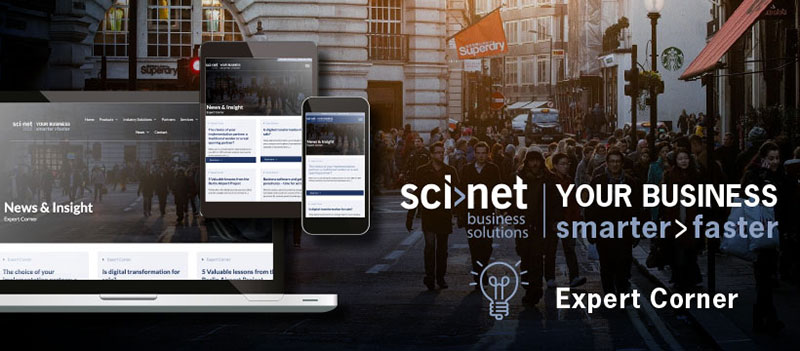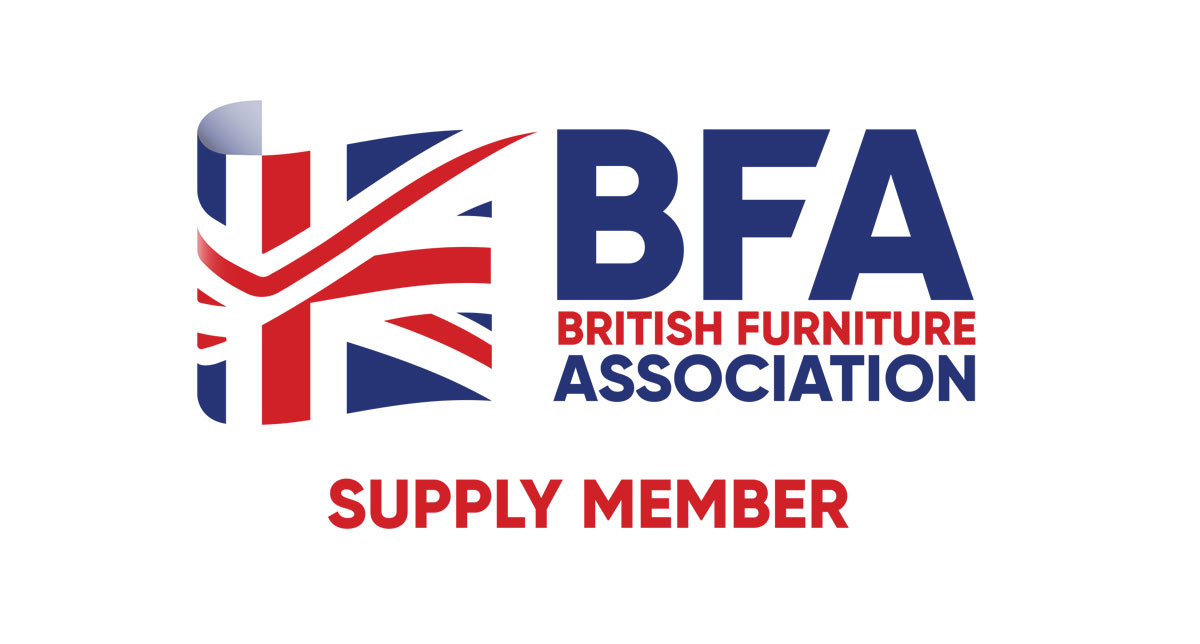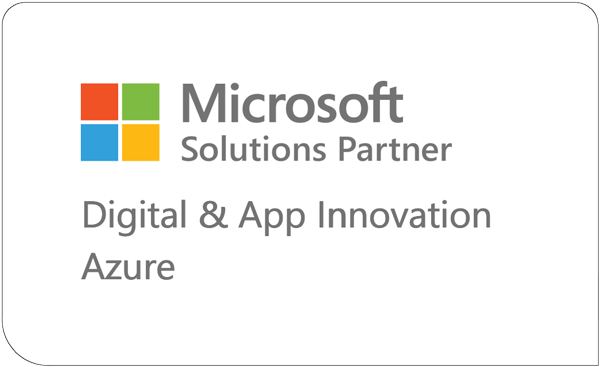According to a recent survey, 80 per cent of CEO’s believe they deliver superior customer service. But only 8 per cent of their customers agree. Increasingly, customer dissatisfaction is caused by organisational complexity. Think about outdated processes, manual operations and the impact of multiple versions of the truth. When companies are about to purchase a new ERP/CRM system, they compile a list of demands and wishes. The more departments and employees are involved in this process, the higher the selection standards will be. The consequences are often a new system that is too heavy, includes unnecessary customisation, a long implementation period and therefore higher costs and risks. But most of all – it maintains the complexity. Is it time for a new approach?
Companies are used to describing their demands and wishes concerning their new ERP/CRM software in a detailed manner. Usually, all departments get the chance to share their wishes. They realise that they should exploit this opportunity because otherwise, they will have to wait for a long time before getting the opportunity again. Therefore they ask for far too much.
It is remarkable that end users can indicate their desires without any insight into the cost/gain ratio and influence the project’s complexity. Does it still seem strange that companies only use a small part of the available functionality in practice? Often, by the time that this work of art finally is operational, it turns out that the dynamics of the market have changed to such an extent that the selected configuration has already become obsolete.
Less is more. Ensure that your organisation knows how to control itself when it comes to defining requirements and wishes. Staying close to your favourite solution’s standard functionality will help you benefit from all the innovations you can expect in the coming years.
And simple is better. In today’s fast-changing world, simplicity in your business processes is a huge advantage. It makes you an attractive partner for your customers. On top of that, it makes you less dependent on the handful of senior employees that understand the current complexity. And finally, it will make your organisation more scalable. It is therefore advisable to carry out a simplification process internally before you start selecting your new software.
If you are down-to-earth while compiling your list of requirements and focus on reducing complexity, this will become the first victory for your new ERP/CRM system!
If you want to know more about how the team here at Sci-Net can help you to manage your project successfully drop us an email on hello@sci-net.co.uk or call us on 01869 717451








